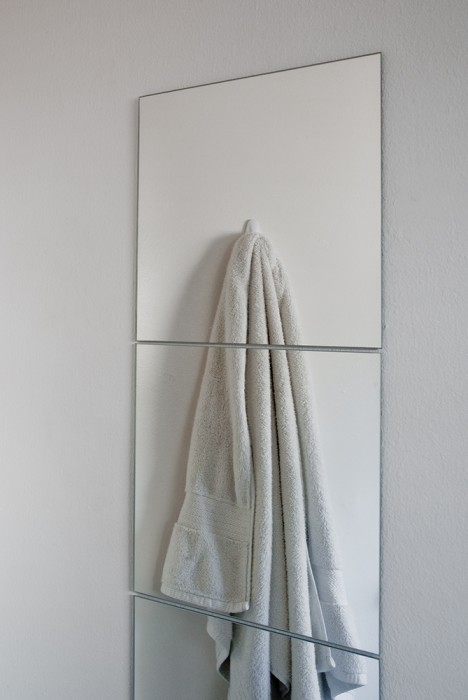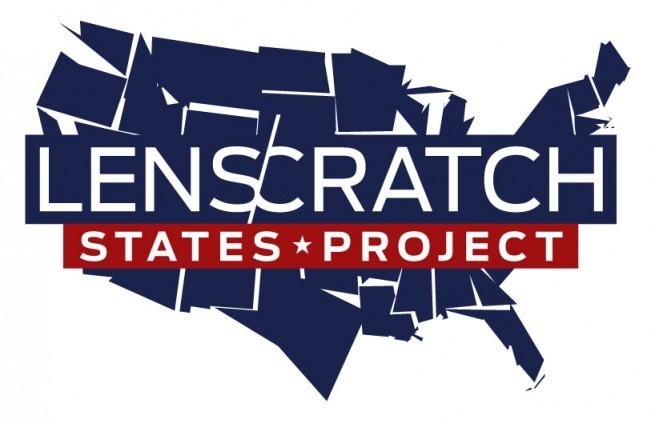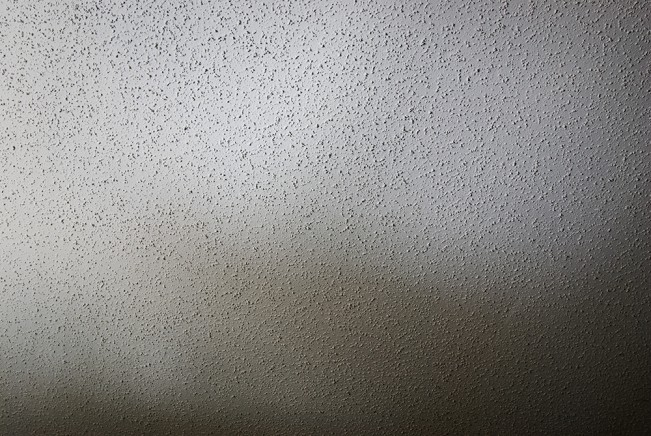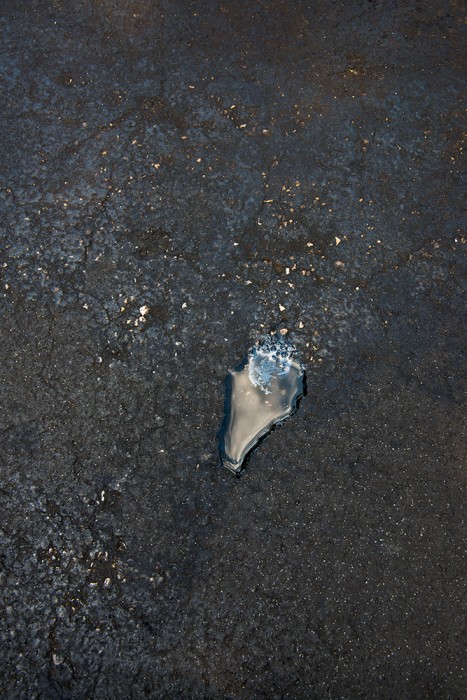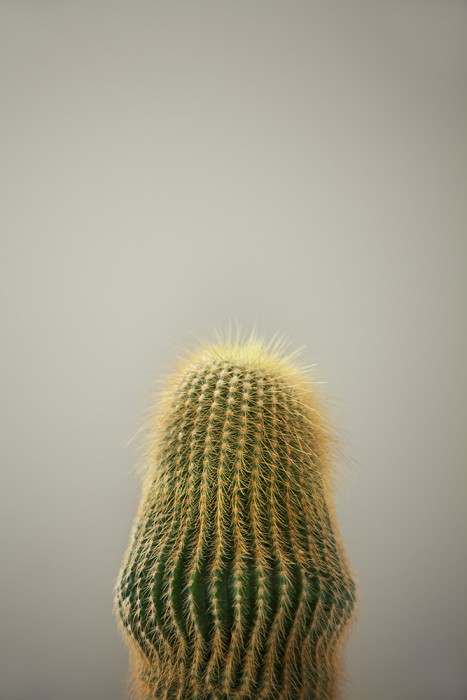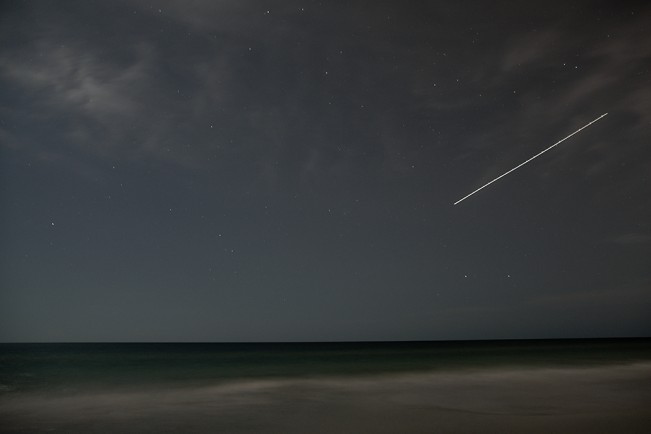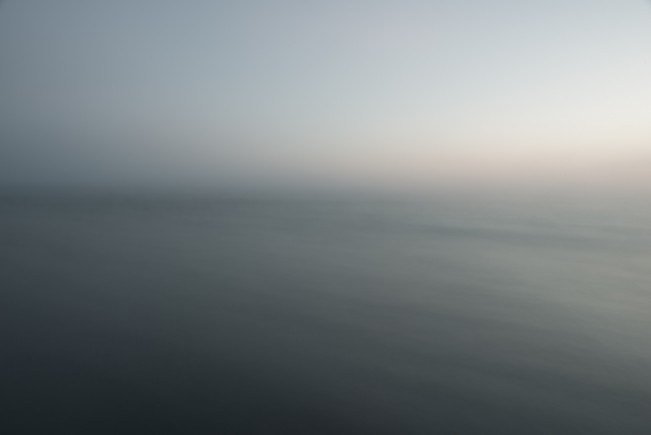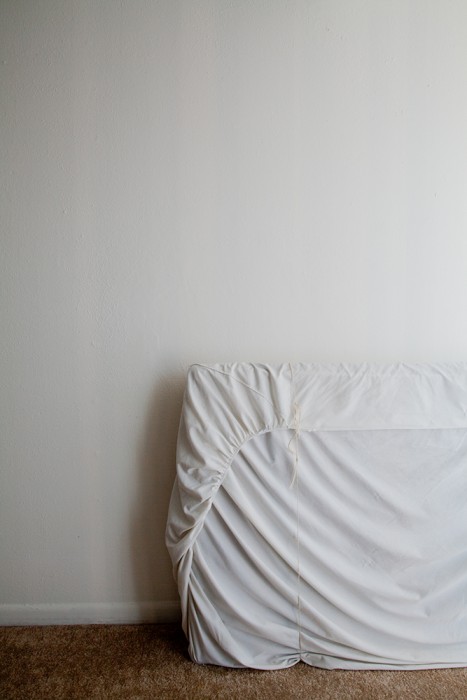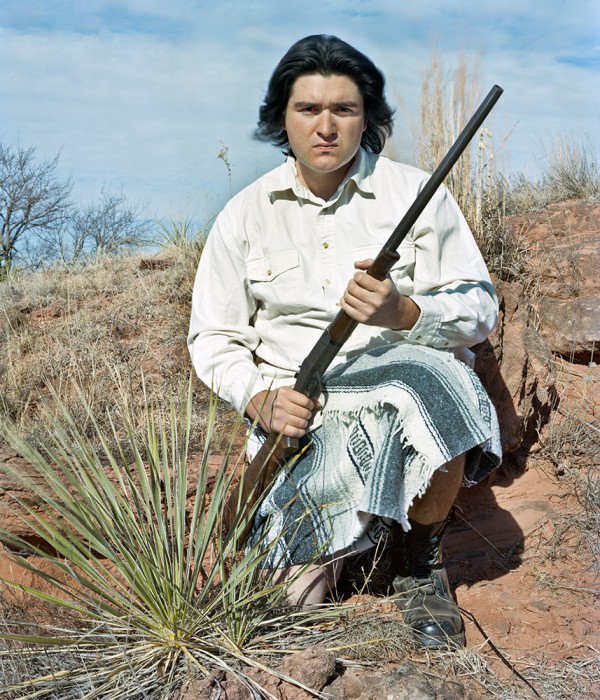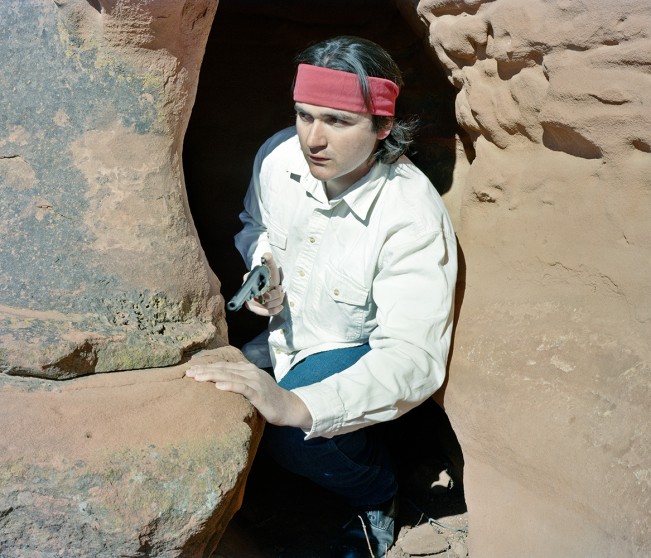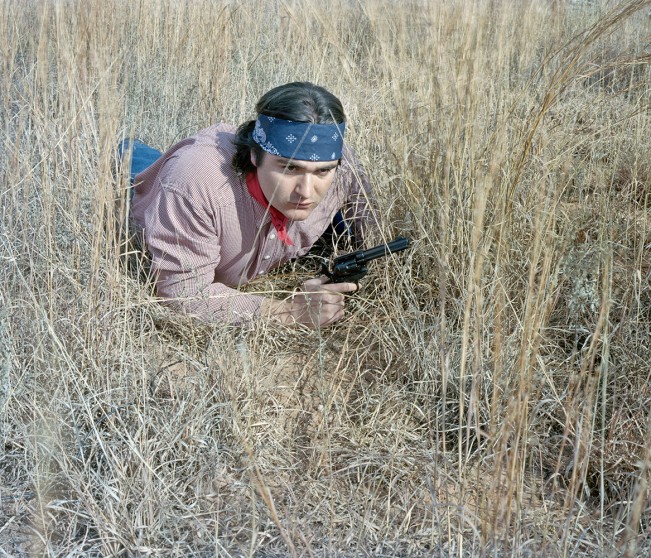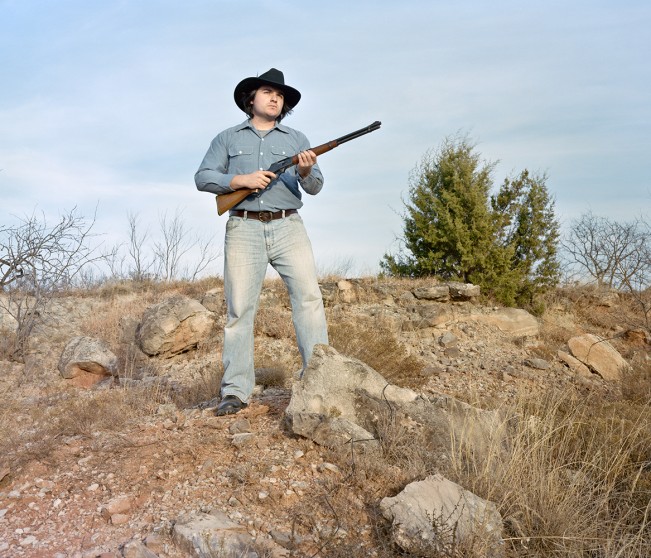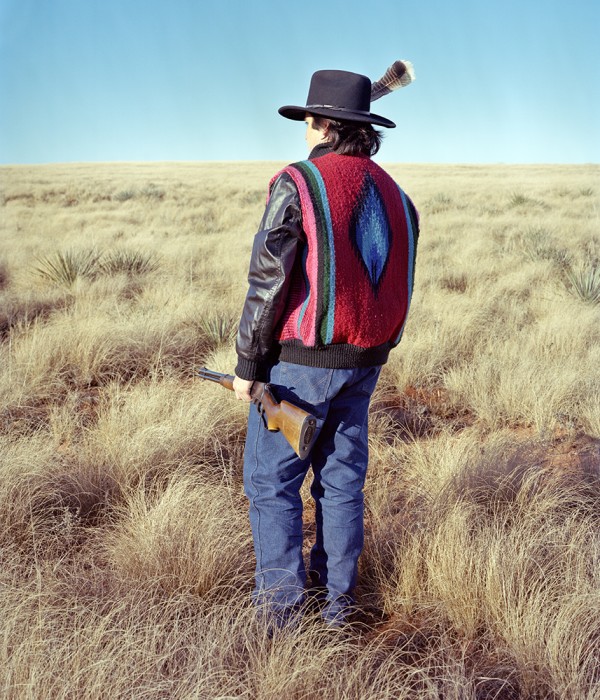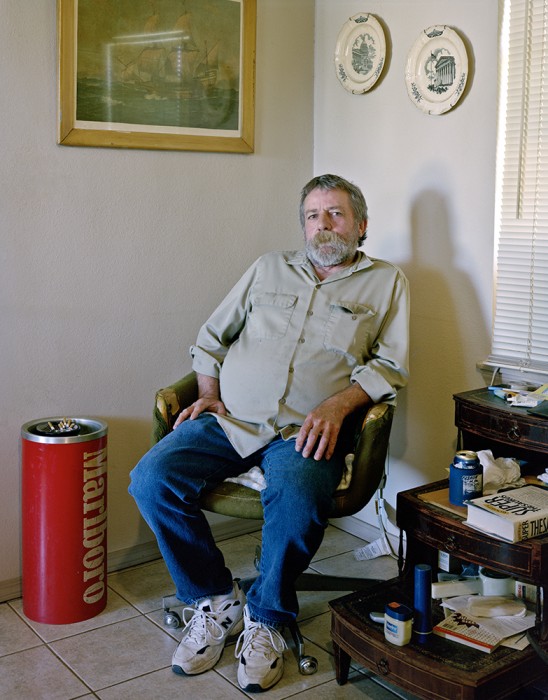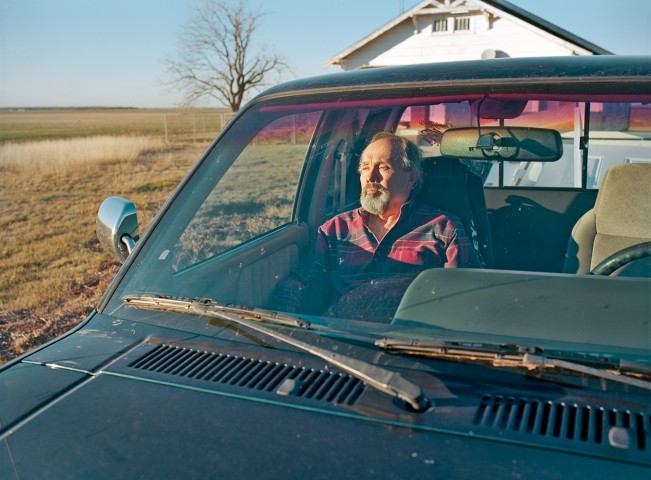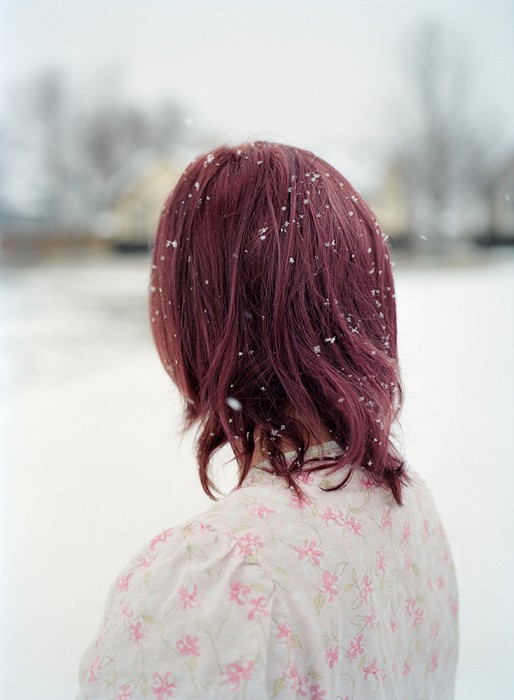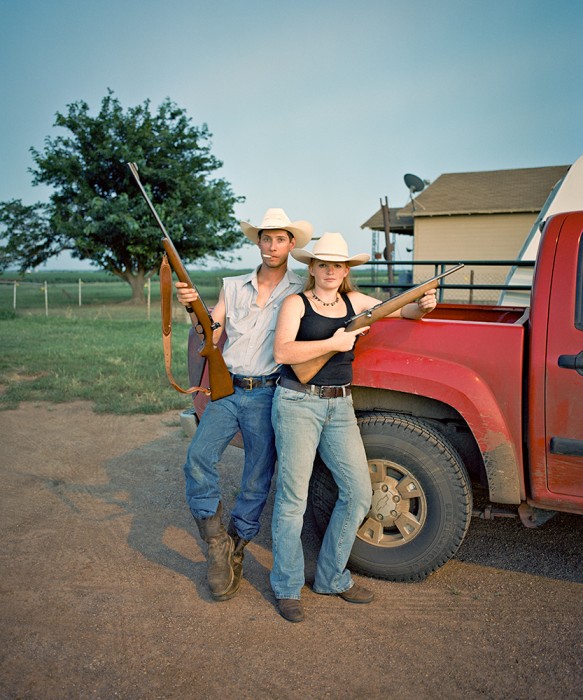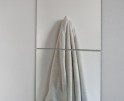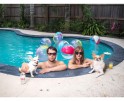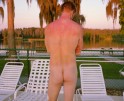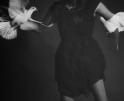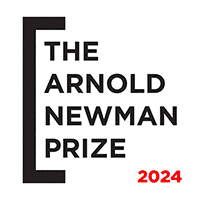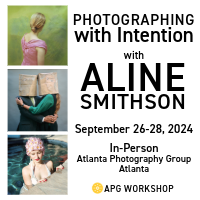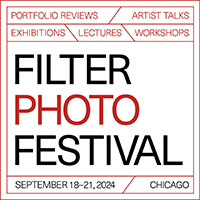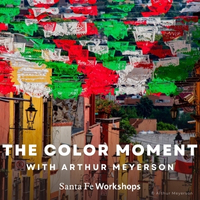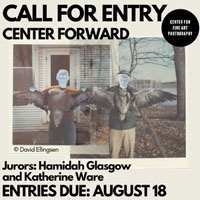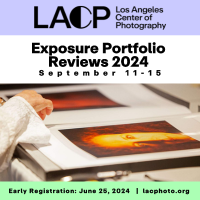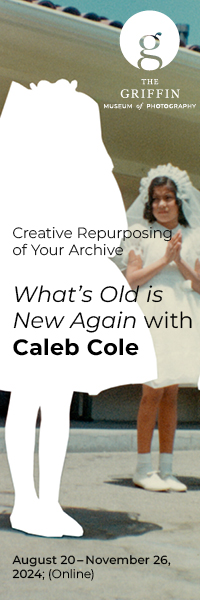Chris Otten: The States Project: Florida
Today, I conclude my week as guest editor by sharing the work of Chris Otten. Chis is a photographer living in Largo, Florida, who received his BFA from the University of Central Oklahoma in 2007 and MFA in 2011 from the University of South Florida.
Originally from the Southern Plains of Oklahoma, much of his work is rooted in his connection to his home state and his Native American identity. I have known Chris since we were both graduate students in the MFA program at USF, and he is one of the more prolific photographers I know. Until recently, Chris has consistently focused his attention on the western landscape. In his current series, Encounters, Chris has been photographing the quotidian sights of his everyday Florida experience. These quiet, introspective photos depict landscapes and interior spaces that could be many places, but as Chris says, “they’re a closer look at the curious nature of the mundane”.
Chris Otten, a native Oklahoman, is currently a lecturer in Photography at St. Petersburg College and the University of Tampa. He has exhibited nationally, including galleries in Annapolis, Long Beach, Minneapolis, Tampa and Wichita.
Chris Otten on his work:
In my earlier works, I have attempted to investigate the rural lands of the Southern Plains and its loss to an ever-expanding society. I have investigated this topic from multiple approaches ranging from landscape photographs, small town life, environmental portraits, self-portraits as well as the “fabricated to be photographed” tableau narrative. As a whole, the images include a continued exploration of the landscape and beg the question: Does place hold memory? From the straightforward photographs to the constructed dioramas, I explored our inherent treatment of the raw landscape as well as questioned the veracity of photography. This fascination with photography as deception led me to understand how the camera can serve as a tool that allows the observer to situate their self within the idealized vista – permitting the dismantling of the historical layers that the images imbue.
Throughout working with these themes, I was living in Florida for many years. Being away from home is what made me want to investigate these once familiar places from a fresh perspective. The documentary photographs were made on bi-yearly trips to visit my family in Southwest Oklahoma and the Texas Panhandle. The dioramas were constructed in a small studio space in Tampa. After my graduate studies, this endeavor continued for a few more years, and the work expanded further through continued efforts to learn something different with each visit home. Over the course of a year, there was a shift in vision as I started taking photographs that took on a more snapshot aesthetic of fleeting moments of subtle subjects.
Recently, I have begun looking at my current live space in Southern Florida. For the longest time while living here I have been unable to relate with this place. Most of my time outside of work has been spent in my living space or on brief outings to common places, such as the beach or a park. I came to the realization that you have to start somewhere with saying something about your new home, even if those images come across as simple. Excluding extraneous subject matter from the frame can make the image effective in communicating a thought. While making these images, I began noticing that my work became more ethereal. It was exciting to have the feeling that I could break away, even if only briefly, of the themes that I was previously pursuing. Though I do not intend for audiences to fully understand these images, perhaps some will walk away with a more intimate connection with certain pieces through the minimal visual representations. The scenes are not representative of Florida or any other place for that matter. Rather, they are a closer look at the curious nature of the mundane.
You are a Florida photographer, but much your work is about your connection to where you grew up in Oklahoma, correct?
Yes. When I moved to Florida in 2008, I felt subject to an environment that I was unfamiliar with. The cultural landscapes are polar opposite. Going from a vast region with an endless room to breathe to a more urban environment was a transition that was both exciting and foreign.
As your identity and connection to place are such important themes in your work, would you start by talking a little about your background and what it was like to grow up where you did?
I was born and raised in the Southern Plains in a town called Altus, Oklahoma, which is located just north of the Red River that divides Oklahoma and Texas. To the north and east of my hometown, you can see low-rising hills. County roads are like squares, intersecting everywhere. It is predominantly an agrarian community. Looking at my upbringing I was an only child for many years. During my youth I noticed that it was hard for me to relate well with others my age. My main means of personal escape were the hunting, fishing and camping ventures with my Dad. I would also vacation at my Aunt and Uncle’s home in rural Southwest Oklahoma. I was enamored with the simplicity of outdoor life. I remember walking the woods alone where I would take on the roles of being a soldier at war, carrying a stick as my weapon and also searching the land much like a detective would at a crime scene. These experiences alienated me from social interaction, yet freed my mind from reality. At the time, I was unaware that these experiences would later influence my fascination with the natural and contrived landscape.
I’ve always been a big fan of the portraits you’ve taken when you’ve returned home to Oklahoma, I guess partly because they’ve shaped my understanding of what it’s like for you there. Do you continue to make portraits on your trips back?
Yes, though not as often as I do with other subjects. I try to document as many people I feel a connection to during my visits home. Many of those that I photograph are of family members, ranging from immediate family to cousins that I have had little contact with. For a while, I was reluctant to photograph anyone, mostly because I did not see myself as being a portrait photographer. I was familiar with responding to subjects that do not talk back to you. Also, it can be dubious collaborating with people where they are willing to give you a few moments of their time, even if you know them well. I want the individual to feel as though there is a sense of trust when I ask them if I can photograph them in their environment.
You’ve explored your cultural identity through various projects, but one of my favorites is your narrative self-portrait series titled Apache. Would you please talk about little about that work and what it means for you?
I am a member of the Apache Tribe of Oklahoma. I was raised outside of the reservation life. The series Apache was a look at my disconnection with my tribe as well as a how Native Americans have been portrayed in film and television.
This particular body of work addresses issues of dominance and submission. Using vulnerable pauses, I attempted to create idealizations of resistance in the form of implied aggression and isolation, implementing the terrain of the Southwest as a zeitgeist that echoes portrayals of the Native Americans. The photographs become reminiscent of communicating ideas of preservation and loss, and as a result they perpetuate the state of trying to remain within the moment. Though my skin is light, I believe there are layers differentiating “being” opposed to “appearing”, what we cannot see versus what is obvious on the surface. Interestingly, the viewer may find themselves questioning whether they are stereotyping the cultural references that the images imbue.
The western landscape is clearly an important element in your work, but you have a newer series titled Encounters, which seems to reflect a mindset more rooted in your Florida experience. Is this accurate? Would you mind talking about this series and what it means for you?
For me, Florida has been a place that has been challenging to relate to. Much of the Florida landscape is full of vitality, which was a contrast from my previous home. After living here for a few years, I began making images that speak to my living space as well as areas that I routinely visit; beaches, state parks, and all other mundane spaces. Essentially, these images are not about Florida so much as they are about my experience of living here and feeling alienated. I believe that these images could have been taken anywhere, and through the act of looking there is validity in just about anything.
When you say the Florida landscape is full of vitality, what does that mean for you?
I feel that it is a mixture of the culture that has shaped this place to be so colorful. I find delight in the quirky venues advertising dolphins and alligators, the pink and yellow homes with palm trees in the yard as well as those on the side of buildings along the beaches. With Disney World and Universal Studios not being far from here there is always an invitation for one to escape from reality whenever they want. It is simply like no other place.
I know what you mean about them not being about Florida so much as your experience, but I think in the context of your other work, the different environments certainly conveys that sense of alienation and isolation well. One thing that I find interesting is that you seem to be breaking new ground in terms of your subject matter. To me, your work has grown increasingly introspective throughout the last couple years, but I think these are especially so. Would you mind talking a little about what you’ve been thinking about lately, concerning your photography?
I have always looked at how I can explore a sense of place from a personal point of view. Whether I will continue photographing single subjects or begin documenting this place from the eyes of a street photographer, I feel that Florida is my new home, and I am seeing more clearly how I can deconstruct of how living here has shaped the person that I am today.
Lastly, do you have any upcoming projects or shows you’d like to share?
In addition to the images revolving around my experience living in Florida, I have been looking at revisiting my diorama photography. When I started that project, I was utilizing materials such as paper, dirt, glue and spray paint. The scenes were interpretations of historical events. I enjoyed working with limited resources and finding ways to make something out of nothing, lending a suspension of disbelief if only briefly. I am not certain what the new scenes will be about. Whether they will be an extension of the previous dioramas or something different, you have to start somewhere.
Posts on Lenscratch may not be reproduced without the permission of the Lenscratch staff and the photographer.
Recommended
-
Chris Otten: The States Project: FloridaAugust 23rd, 2015
-
Roy Albert Berry: The States Project: FloridaAugust 22nd, 2015
-
Katty Hoover: The States Project: FloridaAugust 21st, 2015
-
Kristen Roles: The States Project: FloridaAugust 20th, 2015
-
Annie Donovan: The States Project: FloridaAugust 19th, 2015

